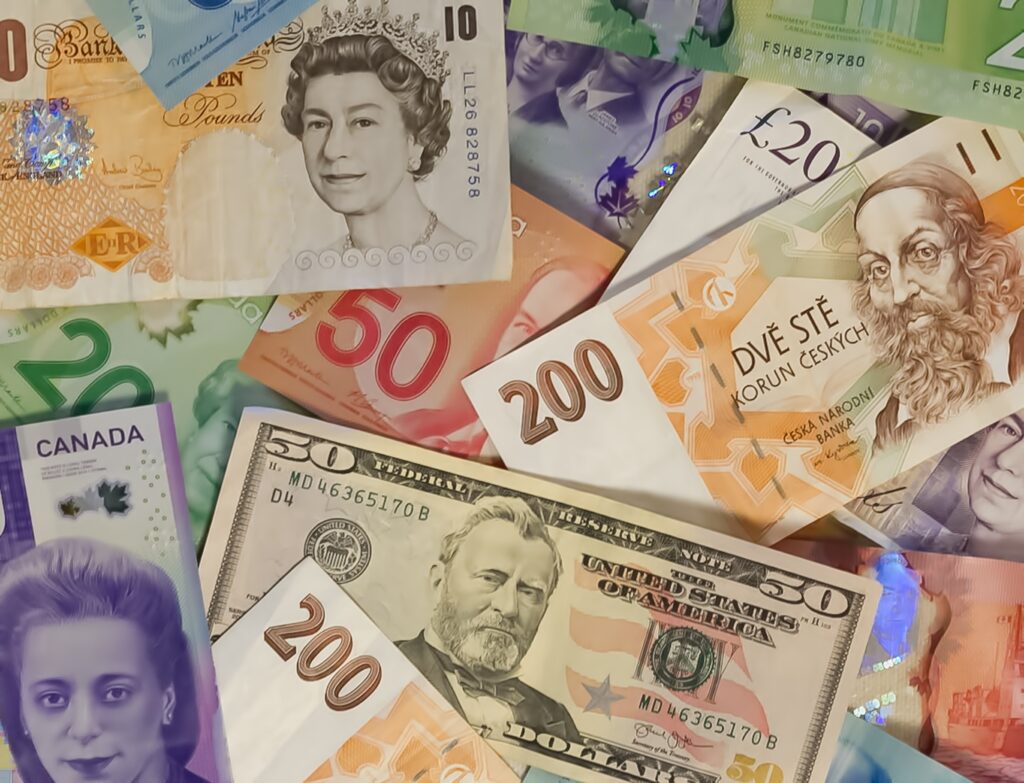Deutsche Bank has been a pioneer in foreign trade and forex since its inception in 1870. Established initially to finance German exports around the world, the company knew it would need an international presence before it could have an impact on the world stage.
Facing difficulties opening its own branch, the company instead founded the German Bank of London in cooperation with the private bank Gebr. Sulzbach, Frankfurt, Mitteldeutsche Creditbank, Meiningen, and the U.K. banks Dennistoun and Ferd. Rodewald to take its place in the world‘s premier financial and banking centre.
Soon afterwards, in 1871, Deutsche Bank opened its first branch in Bremen, a major foreign-trade centre. Within a year, the company had issued capital increases to expand its enterprise, opening branches in Shanghai in 1872 and across South America between 1874 and 1886.
Fast forward to the present day, and Deutsche Bank employs over 80,000 people across more than 1,709 branches in Africa, the Americas, Asia, Europe, the Middle East and the Pacific Region.
Today, the company continues to be an industry-recognised leader in the foreign exchange business. Deutsche Bank’s long-standing client-centric approach helps it serve the needs of its customers across the entire product spectrum, from basic liquidity provision in the spot market to innovative derivative solutions for both asset and liability managers.
Such is its success in the field that Deutsche Bank ranked as the Overall FX Market Leader by market share in the 2022 Euromoney FX Survey. In the same report, the company also took the top spot for options market share, overall Electronic FX market share and banks market share. In 2022, Deutsche Bank posted revenues of over EUR 27bn.
